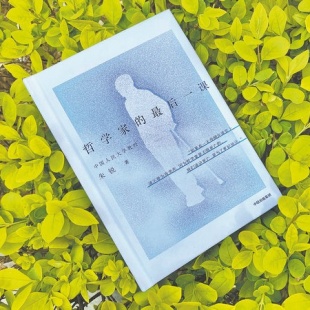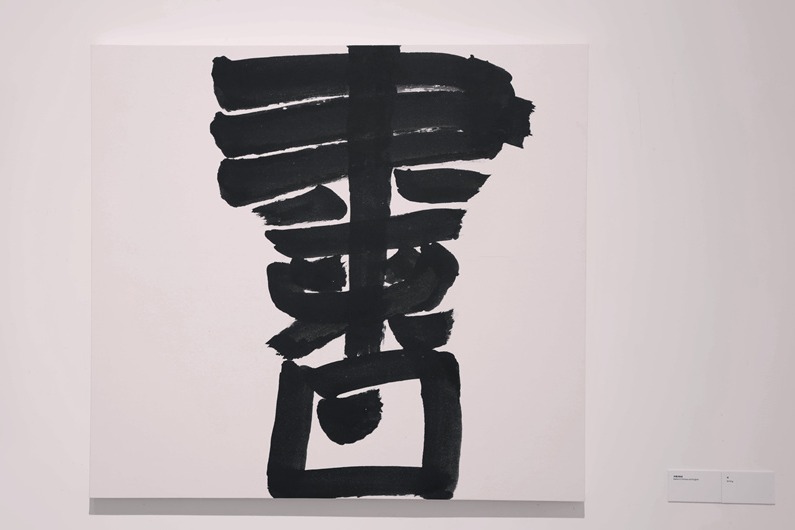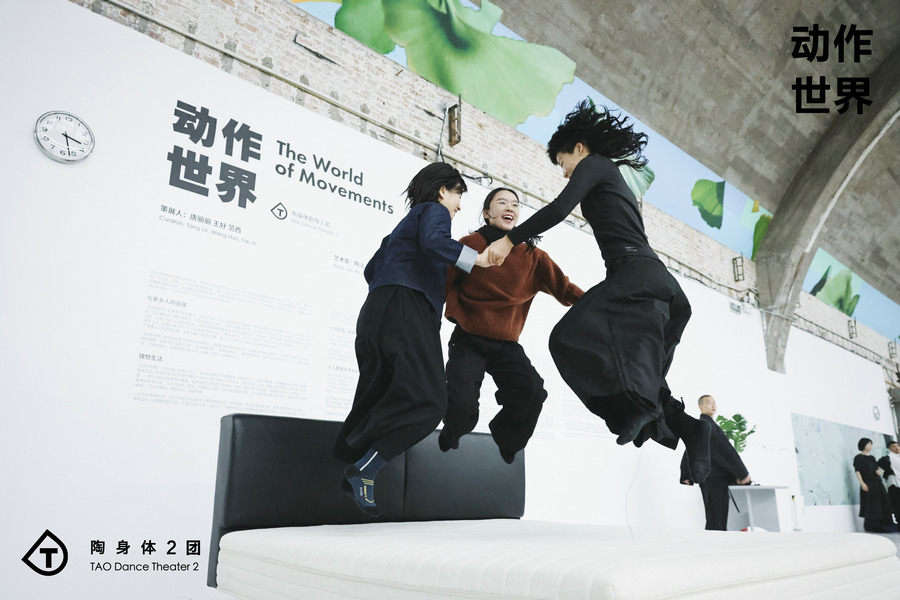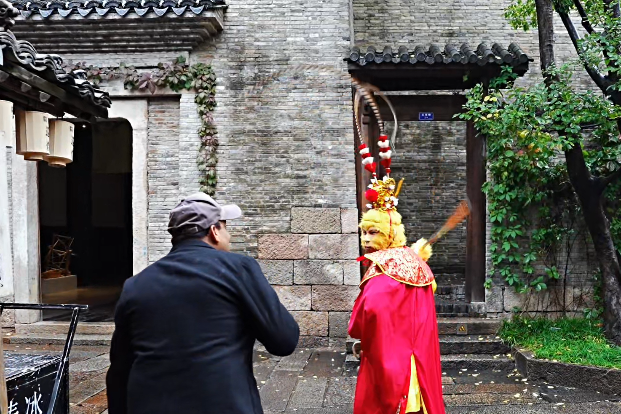A philosopher's last lesson


The book has achieved 8.9 points out of 10 on China's popular review site Douban. Since its publication in April, it has sold more than 110,000 copies.
On Aug 1, the first anniversary of Zhu Rui's death, the book's Korean copyright was sold.
"I think the book's popularity closely relates to Zhu Rui's sincerity, wisdom and passion for life," says Zang Fengyu, dean of the School of Philosophy at Renmin University of China.
Zang says the book, which highlights the 10 conversations at Zhu Rui's dying bed, is as coherent as his normal teaching methods.
"He was not the kind of teacher who just imparted knowledge to students. He preferred conversations with the students that inspired ideas. His class was a space for the exchange of ideas, which was very popular among students," says Zang.

Born in Anqing, Anhui province, in 1968, Zhu Rui achieved his master's degree at Peking University in 1991 and pursued his doctorate at Tulane University in New Orleans, Louisiana, in 1997. After years of working in the United States, he returned to China in 2018.
He was dedicated to research at the intersection of neuroscience and the philosophy of the mind, a cutting-edge area of philosophical research, and served as chief expert for the interdisciplinary platform for philosophy and cognitive science at Renmin University of China.
Reading the book, Zang says he takes from it Zhu Rui's deep love for life, education and research. "On the surface, he was talking about death. But in fact, he was talking about his understanding of life and his love for human beings," says Zang.
"In the twilight stage of his disease, he could have chosen how to spend his time in many ways, but he insisted on teaching. In his final days, he chose to speak with a young person," says Zang. "His love for education was so obvious."
He was also impressed by his last visit to Zhu Rui in the hospital days before his death, during which Zhu Rui discussed some philosophical issues with him, entrusted him to continue some academic projects, and talked about arrangements after his death for the students he was tutoring. Finally, Zhu Rui said his siblings had prepared a tomb for him, but he would not hold a funeral ceremony because such a conversation had already been a good way to say goodbye, and he had led a good life.
"Many years from now, we will remember Zhu Rui. His story tells us that because time is limited, our choices are significant. Because life has an end, our search for meaningfulness is urgent," says Zang.





































